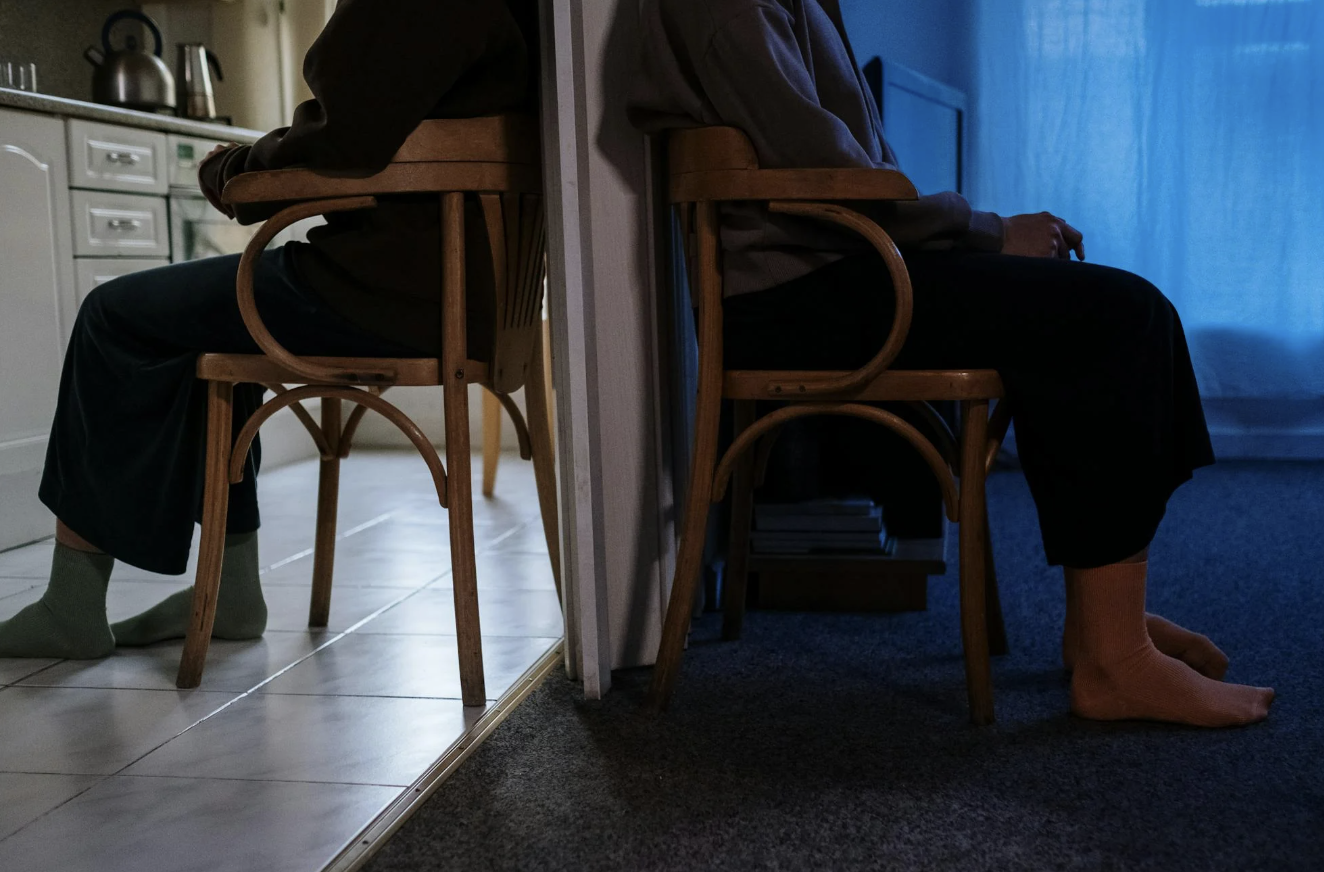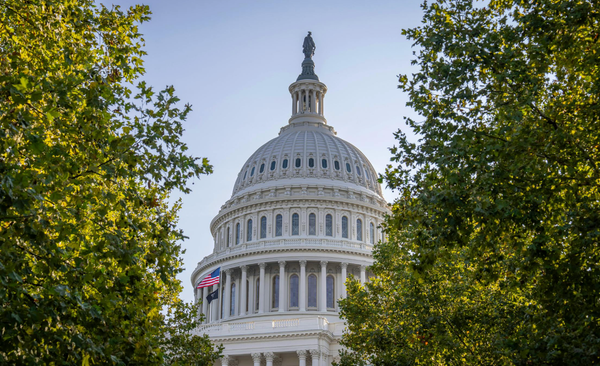What it means when My Chineseness is a Security Threat

According to NBC news reporting on a new survey by the Asian American foundation, 1 in 4 respondents viewed Chinese Americans as a "threat to society and national security."
In commenting on the results, the CEO of the foundation said this:
“There is a growing perception that Asian Americans are more loyal to their countries of origin than to the U.S.— a reflection of the rising belief in the ‘perpetual foreigner’ stereotype,” Norman Chen, CEO of The Asian American Foundation, said in a news release.
I specialized in security, politics and diplomatic matters between China and the United States for over eight years. If there's anything that I took away from that time, it is this somewhat contradictory state we Chinese Americans live in. True, Xi Jinping likes to consider us part of the Chinese diaspora that he should exercise some authority over. He keeps referring to blood ties, heritage, and other nagging guilty lecturing that one would receive from an uncle two baijiu shots into a family dinner. Setting aside the grain liquor induced demands of obligation, the Chinese government does very little to support Chinese Americans when they're victimized by racial violence, broad discrimination or other forms of harassment.
Outside of pointing out how unstable America is for the white collar overseas Chinese they want to court back into working domestically, there is very little done by China's network of embassies and consulates. This has especially been the case in the many, many working class Chinese diaspora that have been harassed doing food deliveries, massage parlor workers harassed by police, or otherwise trying to eke out a living. Just like rural migrant workers and lower income worked in China, these informal participants in the American informal economy aren't worth the time of diplomats; outside of maybe confirming identities to family, they don't get lavished with same fanfare and anger as rich people like previously house arrested Huawei CFO Meng Wanzhou.
For nationalized citizens like me, we are expected to deal with the rich tapestry of suspicion we receive based on combinations of name, skin color, English proficiency, perceived English proficiency and cultural assimilation. The suspicion may or may not lead to violence, but we often can't tell, especially if people decide to just start pushing Chinese-looking women off subway platforms again. If you do this to me, by the way, I will haunt you until you suffer and suggest that my friends bother you at your residence until you snap and give all your money to my cats. You have been warned.
Sinophobia is a bit of a tricky concept as it dwells in this zone of real violence and the politics that people want to use it for. The Chinese state is eager to use it to try to run defense on the billion dollar corporations that operate within China. However, companies cannot be victims of Sinophobia. They're not alive. Stop it.
Take TikTok. Its CEO, Shou Zi Chew, has been elbowing his way into Trump's circle of technology CEOs (who should not be there in the first place, but this country is corrupt enough that it's a non-entity now). He's buying up blocks of tickets to inaugural events and appealing to Trump's attention-hog personality to try to have more platforms for fascist speech the GOP will undoubtedly pump out.
This behavior is a public-facing clue to the rest of us, or at least it should be. What Chew communicates indirectly is that like every single other technology corporation in existence, he is beholden to the wellbeing of stakeholders. Not users. Not people trying to share creative work in a dwindling and AI-ridden marketplace of art and content. His own stakeholders and Bytedance top brass in the United States and, of course, in China. In the face of the expansion of power of the United States over content publishing platforms that makes the internet broadly less democratic, TikTok is in it for itself.
Did some of you forget about that Trump lobbying stint I wrote about in my blog post? That's okay.
Most people read, watch or otherwise consume the news as one part of their daily checklist, if they intentionally make it a part of their routine at all. This problem with the average American's attention span also acts as one factor of why perceived Chinese threats will become only more dangerous to people like me as time goes on. As with Asian American violence in 2020 and violence against other minorities in the United States, we face not only the problems of racist state violence, but also nativists deputized and empowered by the racist state. I am concerned about people feeling power-drunk on right wing podcasts, TikTok pundits and Fox News broadcasts getting a gun and deciding to take matters into their own hands. I am concerned that Chinese state actors that still don't value Chinese diaspora as anything other than props will keep endangering my Taiwanese, Uyghur, and Hong Konger friends.
Mostly, I am angry. Despite my earnest belief in needing to make heritage something sustainable and valuable, I am not in a coddling or conciliatory mood. As long as my existence is a threat, I'm not sure I ever will be.



